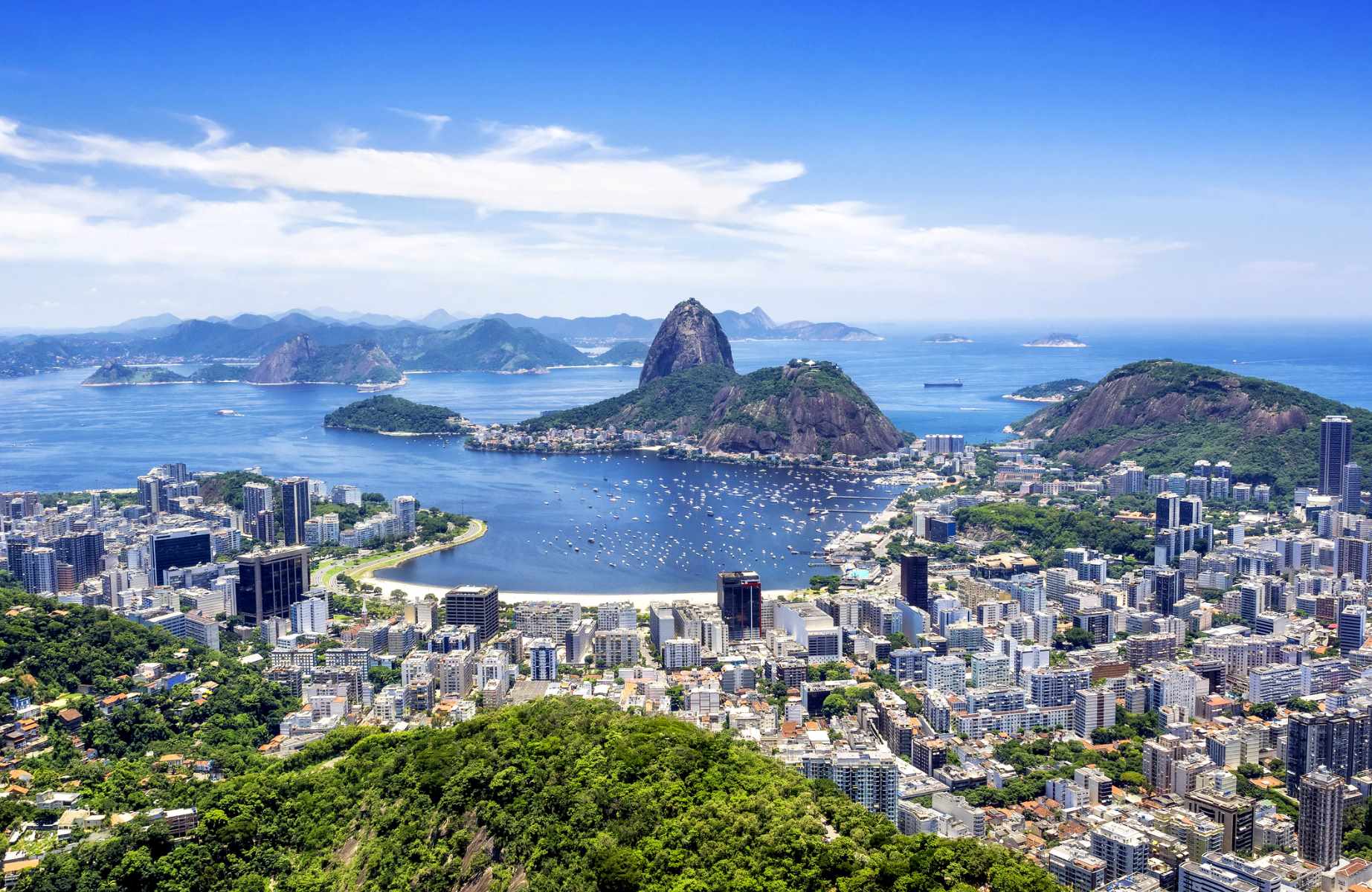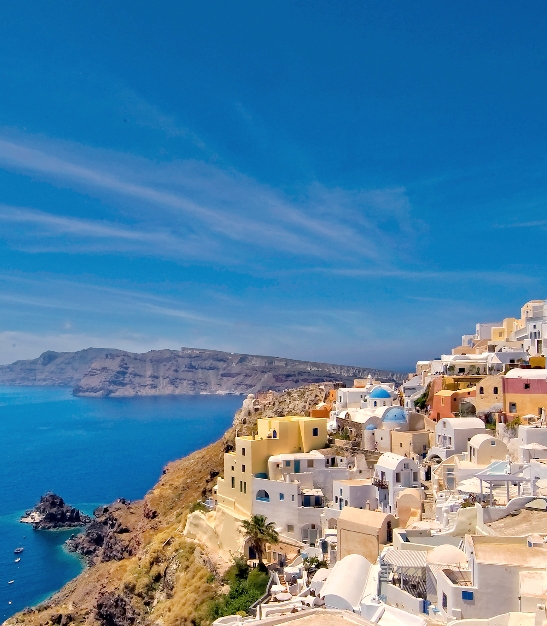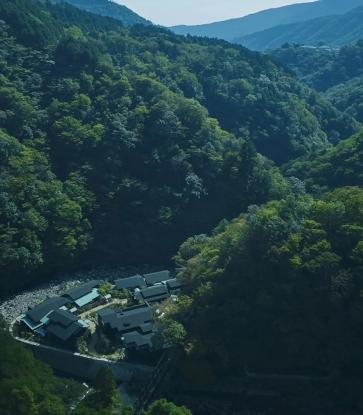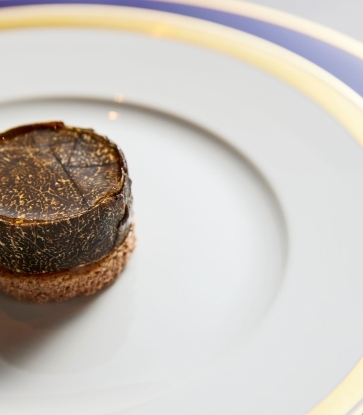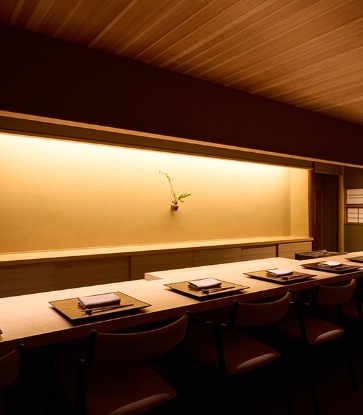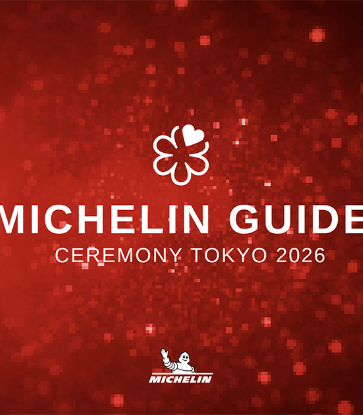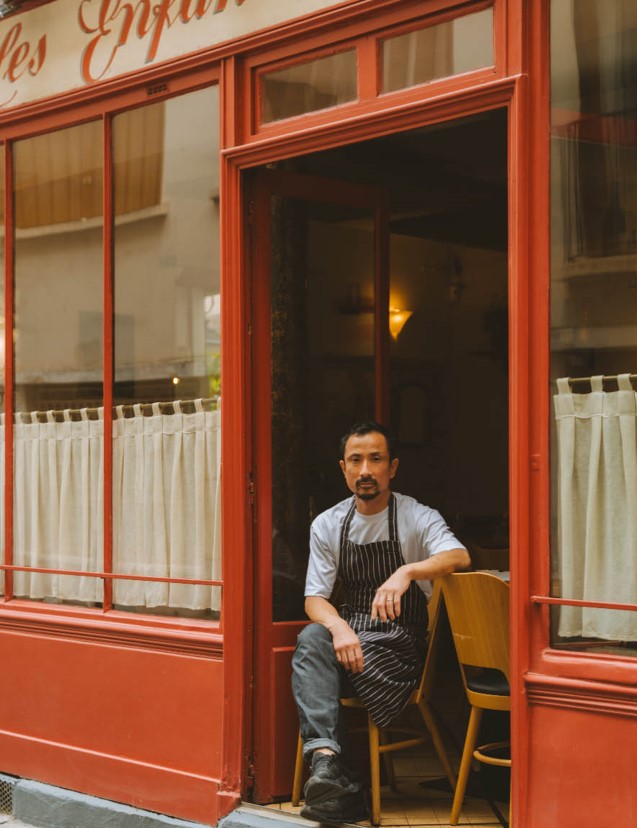There are two new entrants to the guide's highest ranking three-star category this year.
The first is Japanese restaurant Hanakouji sawada. The cosy 36-seater on the third floor of the Asai building in the city of Sapporo earned another star this year, elevating it from two to three-starred status. Joining Hanakomichi Ishida and French restaurant Moliere, who retains its three stars, is another new entrant Sushi Miyakawa.

116 venues are also listed under the Bib Gourmand category, which recognises restaurants for serving affordable meals. Two examples that made the list this year are ramen specialty store Tomikawa Seimensho and Soba Restaurant Ikkyuan.
Browse the full list of Michelin-recommended restaurants in Hokkaido here.



